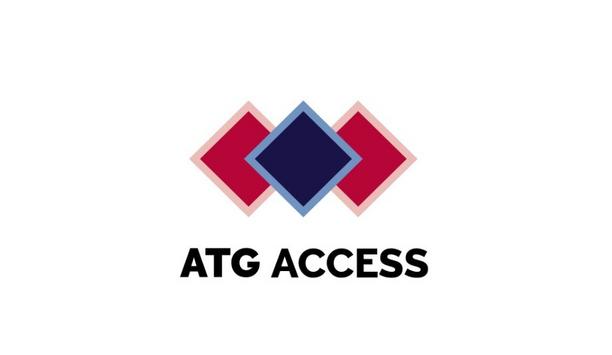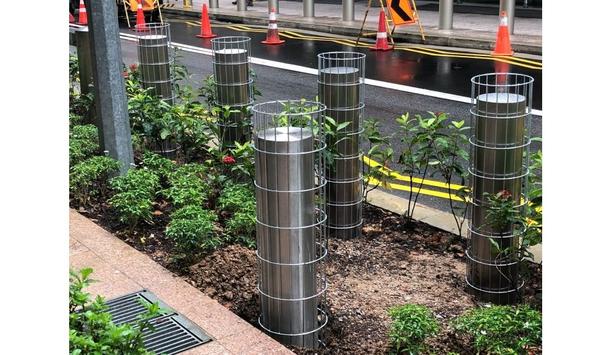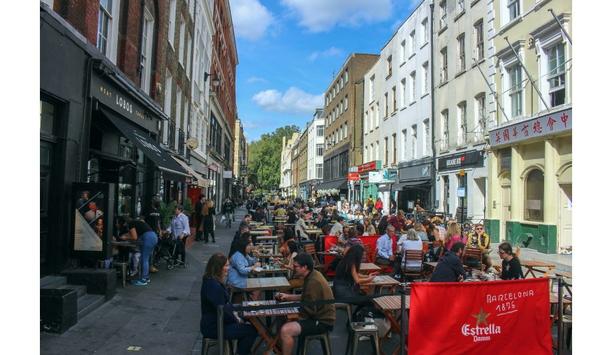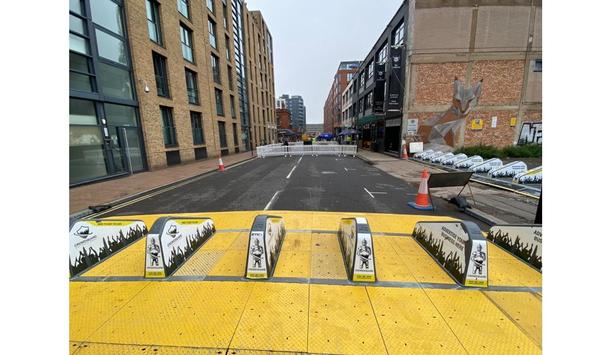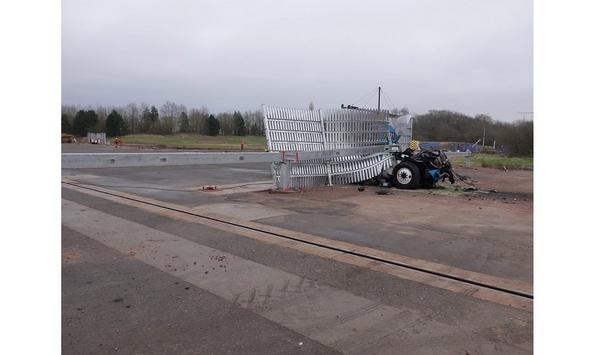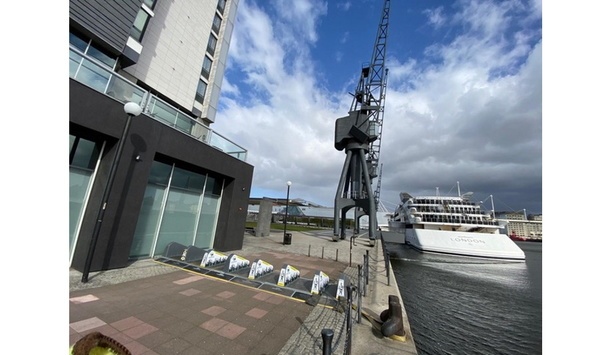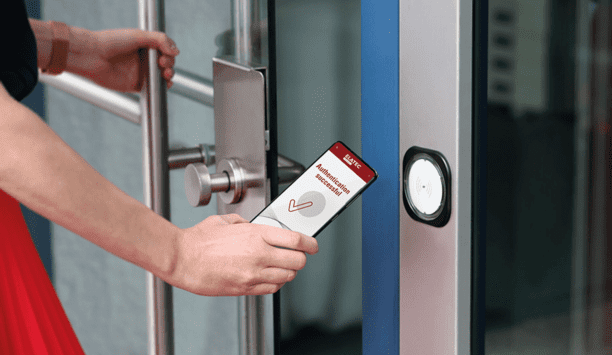Iain Moran
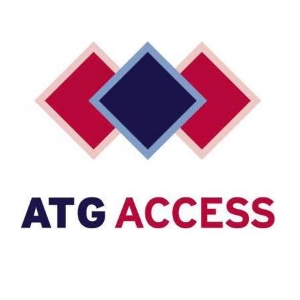
Iain Moran
Sales and Marketing Director, ATG AccessIain Moran is the Sales and Marketing Director at ATG Access. He has worked at the company for the past 18 years, having joined as an electrical engineer before moving to Commercial UK Sales, High Security Sales and then finally heading up UK Sales.
News mentions
With the upcoming Queen’s Platinum Jubilee in June and the extended bank holiday period, there are many celebrations planned from community street parties to larger official events. However, se...
ATG Access has expanded its physical security portfolio with the launch of the Vulcan Long-Span Gate, the industry’s first manual swing gate with a 12-meter clear opening to be successfully...
New research has highlighted the importance of striking the right balance between security and aesthetics when securing public spaces, particularly in locations of historic interest or with recognizab...
New research has found that nearly half (49%) of urban design professionals believe that the recent rise of pedestrianization in city and town centers is making public spaces more vulnerable to attack...
Birmingham’s hospitality businesses have benefited from significantly increased outdoor dining space, following the deployment of ATG Access’ Surface Guard system at a number of locations...
An innovative streamlined perimeter security system, capable of stopping a 7,200 kg vehicle traveling at 50 mph, is now available to protect Critical National Infrastructure sites from vehicle ramming...
Manufacturer of road blockers, bollards and vehicle barriers, ATG Access, has committed resources to protect hospitals across the country from external threats amidst the ongoing COVID-19 pandemic. T...
The manufacturer of road blockers, bollards and vehicle barriers, ATG Access has launched the latest generation in bridge protection systems, unveiling its Populus Bollard system to a range...
Innovator of road blocker, bollards and vehicle barrier systems, ATG Access, has promoted Iain Moran to sales and marketing director. Having worked at ATG Access for the past 18 years, Iain is hugely...
